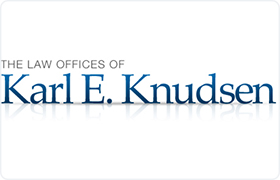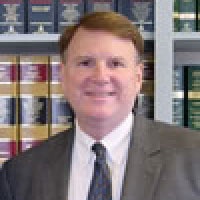Wake Forest DUI-DWI Lawyer, North Carolina
Sponsored Law Firm
-
 x
x

Click For More Info:
-
Law Offices of Karl E Knudsen
5 West Hargett Street Raleigh, NC 27601» view mapCriminal Defense Law Providing Caring And Quality Repesentation
Karl E. Knudsen, is an experienced trial lawyer who believe the legal system is for everyone, not just the government or big companies.
800-264-5310
FREE CONSULTATION
CONTACTKimberly R. Wilson
DUI-DWI, Litigation, Medical Malpractice, Pharmaceutical Product
Status: In Good Standing
FREE CONSULTATION
CONTACT Karl Knudsen Raleigh, NC
Karl Knudsen Raleigh, NC AboutLaw Offices of Karl E Knudsen
AboutLaw Offices of Karl E Knudsen Practice AreasExpertise
Practice AreasExpertise
